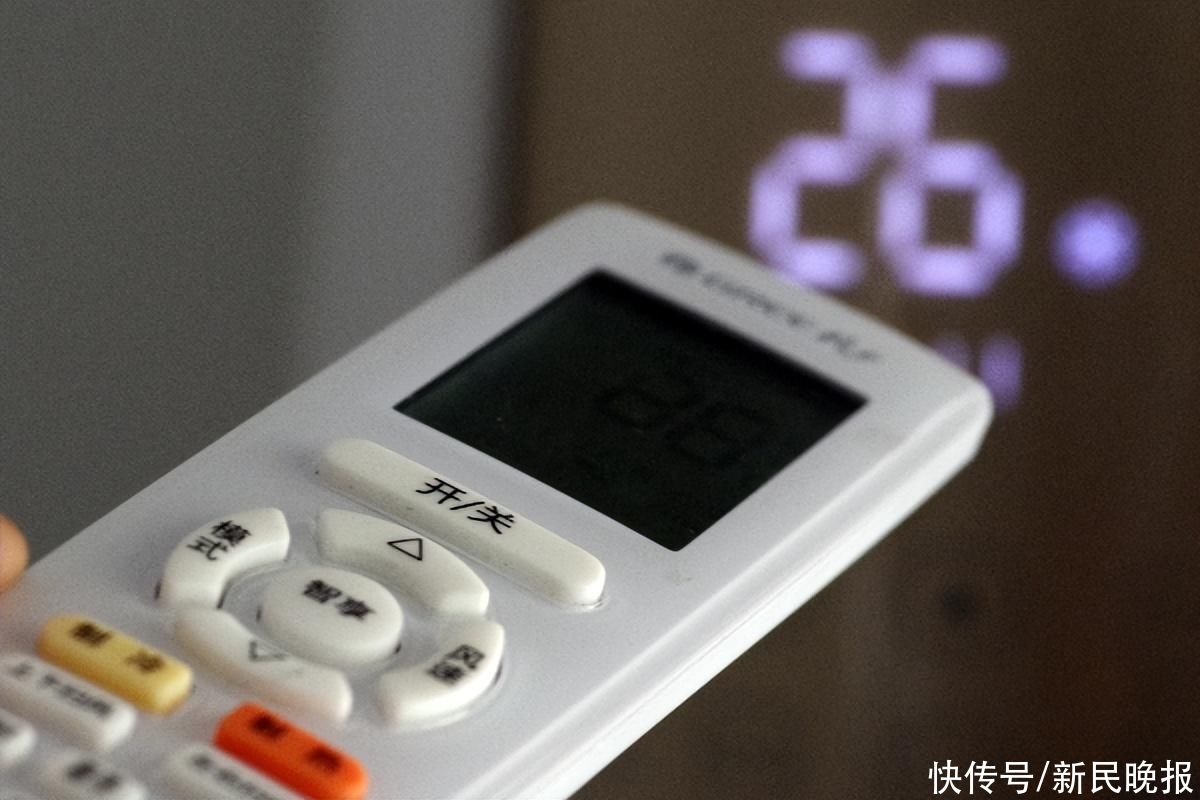
Source/Oriental IC
There is a folk saying “air conditioning disease”, which means that after a long time in an air-conditioned room, some discomfort may occur in the body, such as dry mouth, runny nose, cough, fatigue, headache, dry eyes and other symptoms. In fact, there is no diagnosis of “air conditioning disease” in medicine. The above-mentioned discomfort generally eases after leaving the air-conditioned room for a period of time. This “air conditioning disease” is not terrible. But there is indeed a special disease caused by air conditioners, which may be life-threatening and needs to be paid attention to.
Recently, an 80-year-old patient was admitted to the Respiratory Department of Shanghai Tenth People’s Hospital. Before admission, he had been treated for pneumonia in a community hospital, but the treatment effect was not good. With chest tightness, shortness of breath, and inability to lie down, the condition progressed rapidly, and he was admitted to the ward for monitoring. After careful medical history, we learned that due to the recent persistent high temperature in Shanghai, the patient has been in an air-conditioned room for a long time, so he considered the possibility of “air-conditioning disease”. Sure enough, after relevant inspections and rapid pathogen analysis, it was finally confirmed that the patient was infected with Legionella and suffered from Legionella pneumonia, referred to as Legionnaires’ disease.
Legionnaires’ disease is an acute infectious disease dominated by pneumonia. Patients are more likely to develop severe community-acquired pneumonia, and half of the patients will soon develop respiratory failure. Intensive care treatment. Therefore, when the air conditioner is blowing in the hot summer, it is necessary to be alert to this special “air conditioner disease”.
Symptoms are similar to common pneumonia but more dangerous
reproducing in air-conditioned environments The most typical one is “Legionella”, which is an aerobic gram-negative bacteria that naturally exists in water and soil. Uncleaned air conditioners, showers, sinks, fountains, etc. may hide Legionella bacteria. This is an opportunistic pathogen that can cause infection in people with chronic organic diseases and immunocompromised individuals, which can invade human alveolar macrophages and other macrophages, and alveolar epithelial cells.
The main mode of transmission of Legionnaires’ disease is inhalation of aerosols containing Legionella bacteria. The early symptoms of patients are fatigue, headache, and muscle aches in the whole body, followed by chills, high fever, chest tightness, and difficulty breathing. About a quarter of the patients have gastrointestinal symptoms, such as nausea and vomiting, abdominal pain, diarrhea, etc. ; In severe cases, it will develop to heart, lung and kidney failure.
Although the symptoms of Legionnaires’ disease are similar to ordinary pneumonia, it is more harmful and will not recover naturally. Death can occur within 7 days. Therefore, people who have been in an air-conditioned environment for a long time are reminded that once symptoms such as fever, cough, chest pain, and shortness of breath occur, they should not take cold medicine by themselves, and should seek medical examination in time to be alert to Legionnaires’ disease.
Prevention is in place to prevent germs from taking advantage of opportunities
See here, you are Not a little “scared”? Since Legionnaires’ disease is so dangerous, is there any cure? In fact, if patients can receive standardized treatment at an early stage, the prognosis is still relatively good. Currently commonly used drugs such as quinolones, macrolides, doxycycline, tigecycline, sulfonamide antibiotics, and meperidomycin can play a certain role in anti-Legionella.
So leave the treatment to a professional doctor! What we ordinary people need to pay attention to is to prevent it from happening. You can start from the following points –
greedy for coolness: the temperature of the air conditioner should not be set too low, it is recommended not to be lower than 26℃. Avoid direct blowing of cold air. It is recommended to adjust the blowing port to blow up or blow flat to avoid blowing directly on the human body.
Ventilation: Open more windows for ventilation, it is recommended to ventilate every 2-3 hours, and each ventilation for 10-15 minutes to maintain indoor air circulation.
Clean often: The evaporator inside the air conditioner needs to be cleaned regularly. It is recommended to clean the air conditioner 2-3 times a year to ensure hygiene.
Drink more water: Water requirements are mainly affected by factors such as age, ambient temperature, and physical activity. Generally speaking, healthy adults need about 2,500 ml of water per day, which comes from drinking water, water contained in food, and water metabolized in the body. Adults with light physical activity are recommended to drink 1,500-1,700 ml of water (about 7-8 cups) per day. ). The air in the air-conditioned room is dry. Drinking plenty of water can not only replenish water, but also strengthen the body’s metabolism and help expel toxins.
In addition, it should be noted that the “in-car air conditioner” also has the possibility of transmitting Legionella, and it is also necessary to keep in mind to do a good job of cleaning and ventilation.
Author: Xie Shuanshuan (attending physician, Department of Respiratory Medicine, Shanghai Tenth People’s Hospital)